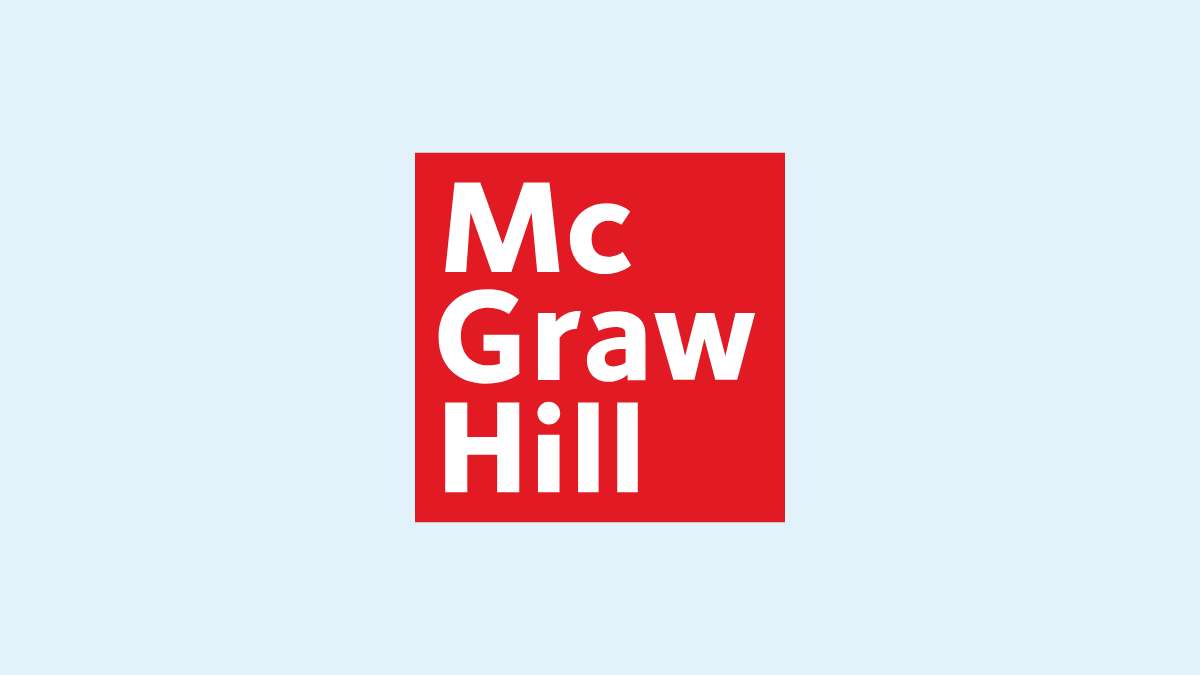What is Wrong with the Academic Publishing Industry Today?
Introduction Academic publishing likes to wrap itself in the noble image of serving humanity’s collective pursuit of knowledge. On paper, it sounds like an almost utopian enterprise: researchers dedicate years to producing groundbreaking work, journals distribute that knowledge to the world, and everyone benefits. In reality, the system looks more like a luxury toll road … Read more




